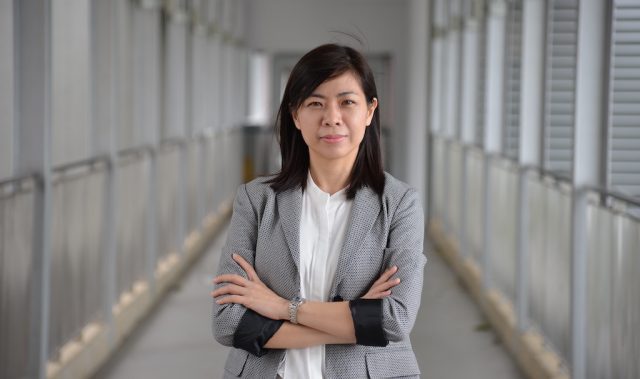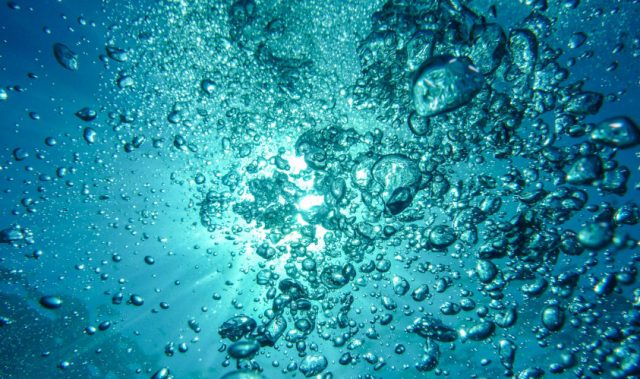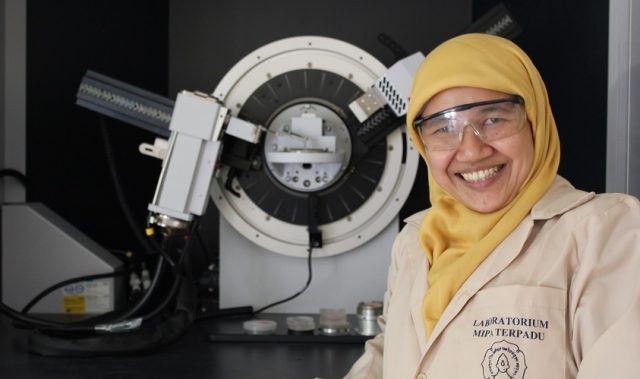
AsianScientist (Jun. 23, 2015) – By Anna Valmero – Developing nations in the Asia-Pacific are at a crossroads on which path to take for an optimal and reliable power mix as energy demand soars.
South Korea, which relies on nuclear energy to meet one-third of its power needs, has downgraded its nuclear energy growth to 29 percent from 40 percent amid public safety issues following the 2011 Fukushima meltdown, said Korea Hydro and Nuclear Power executive vice-president Mr. Lee Jong Jo at last week’s 9th World Conference of Science Journalists in Seoul, South Korea.
The storyline of Asia is an interesting contrast to Germany and other developed countries that are choosing renewable options over the nuclear card.
Dr. Christoph Menke, energy technology professor at the Trier University of Applied Sciences in Germany, notes that the nuclear path “may not be cost effective” for South Asia in particular.
During the Asia Clean Energy Forum 2015 last week (15-19 June) in Manila, Menke told SciDev.Net that building expertise on nuclear energy requires “at least 15 to 20 years”.
“The financing and knowledge [for the technology adoption] are not there,” says Menke.
The debate to phase out nuclear power in Germany started in the 1970s and the change happened some 30 years after, he adds. In Asia, the debate has started but the realization that renewables are way cheaper than coal or nuclear is taking time to sink in.
But what seems clear in this debate is that there is no one-size-fits-all strategy to determine a county’s optimal energy mix. That would depend on a country’s access to resources and its technical and financial capacities.
Nonetheless, debate and dialogue should continue to determine the best option based on sound cost-benefit analysis while addressing the three pillars of energy security, reliability and sustainability.
This is an opportunity for journalists such as myself to cover the issue, highlight lessons and move beyond technology versus technology debates, to serve the end goal of informing the public.
Readers need a healthy dose of information and discussion framed in proper context to test the merits of all available options. From there, we can take the debate to policymakers to draw up accountability for a country’s energy choices.
———
Source: SciDev.Net; Photo: Shutterstock.
Disclaimer: This article does not necessarily reflect the views of AsianScientist or its staff.












